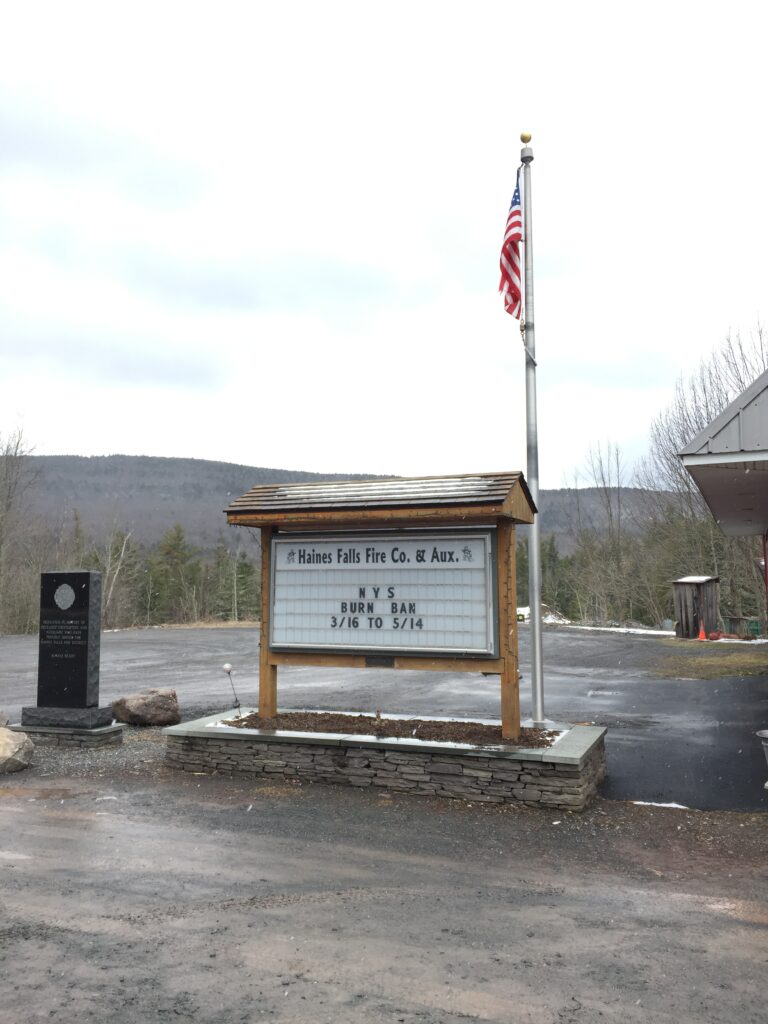When I’m researching a novel, everything is interesting.
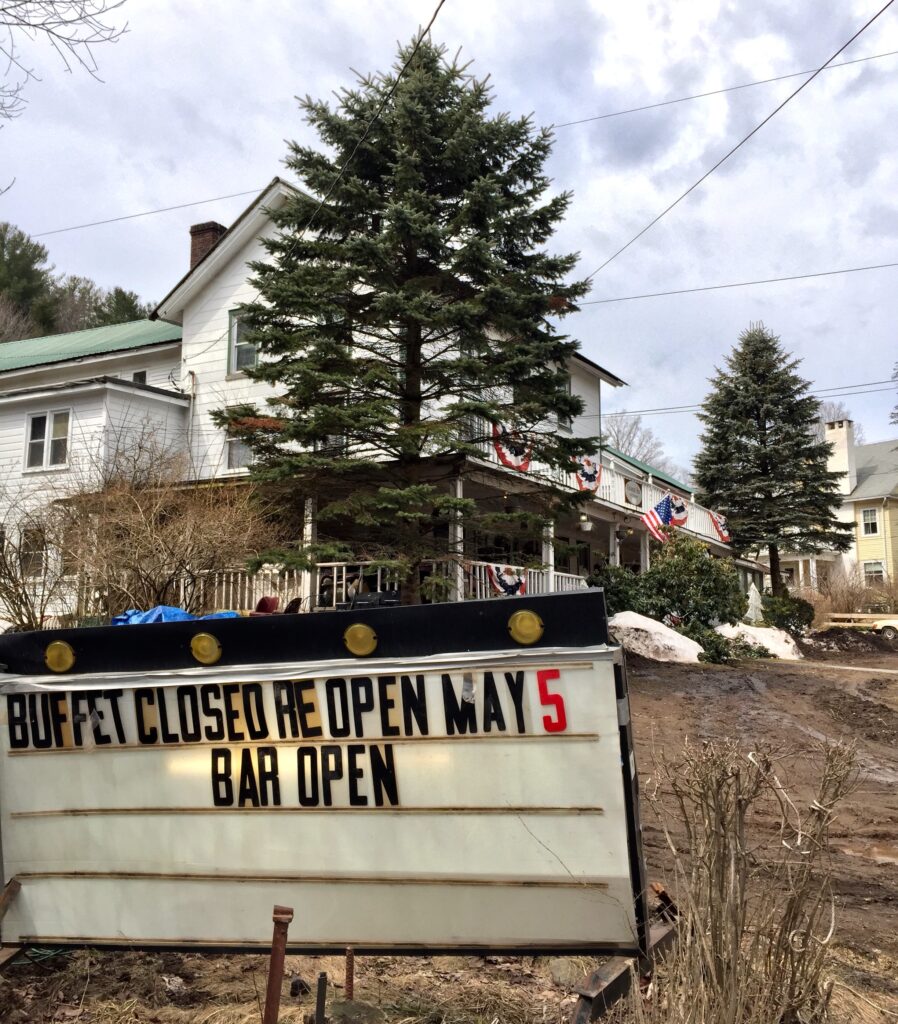
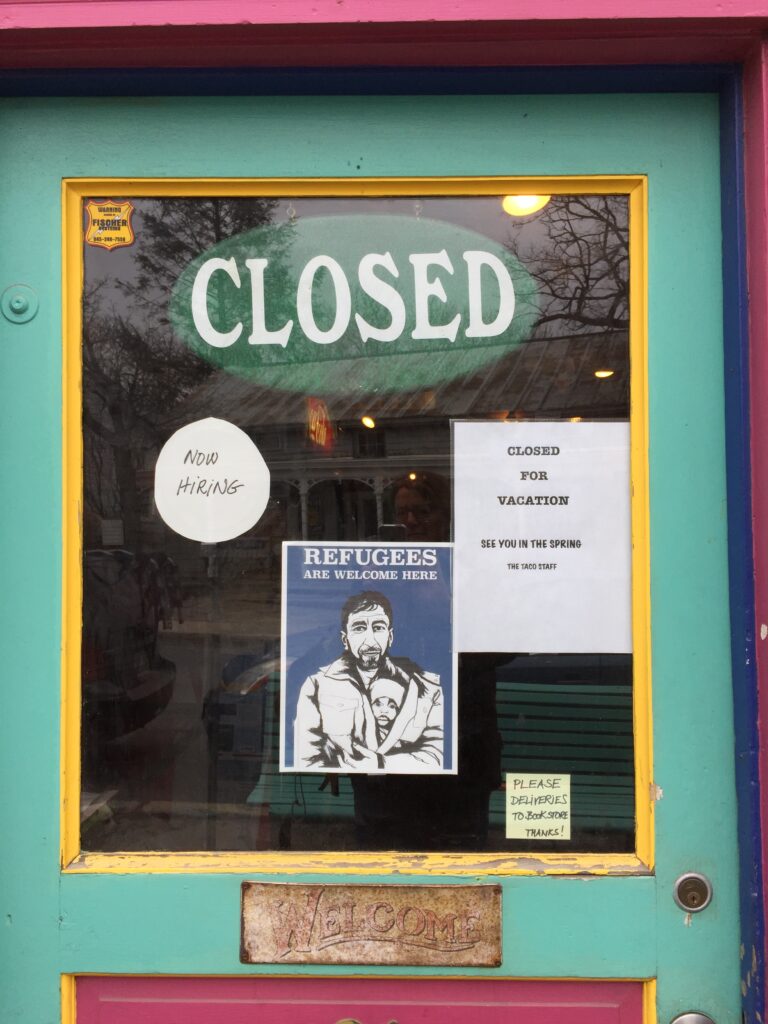
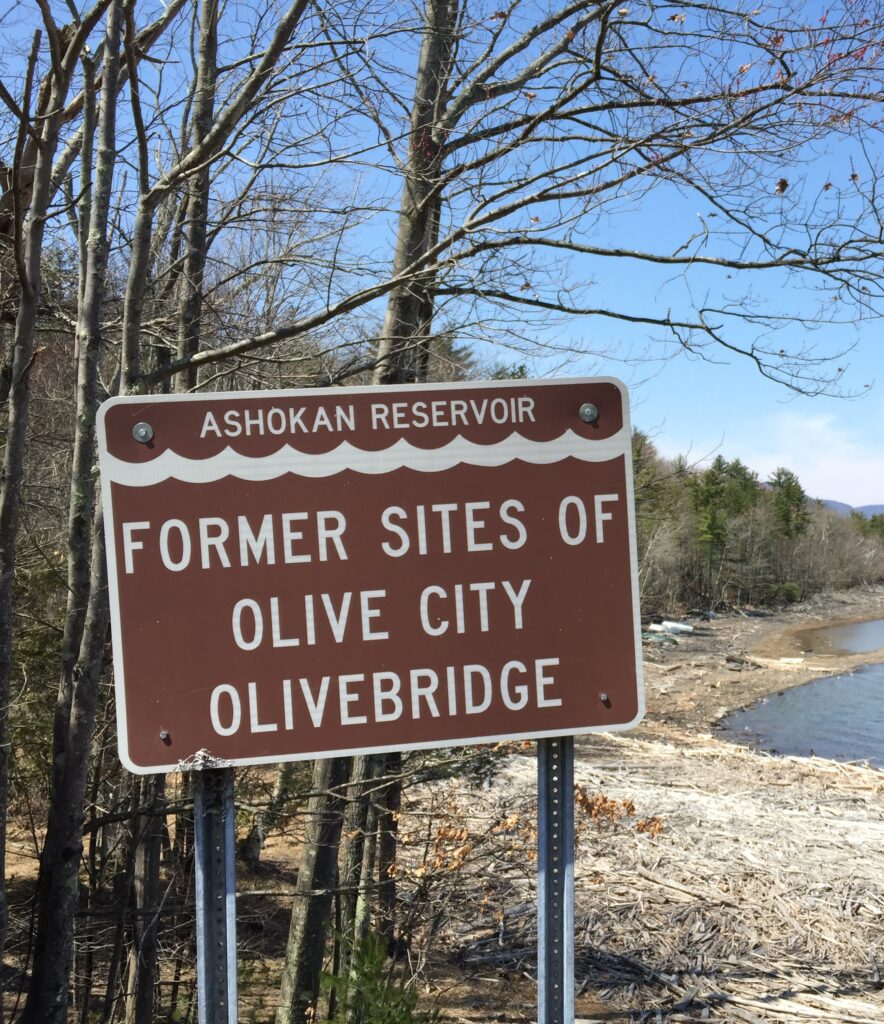
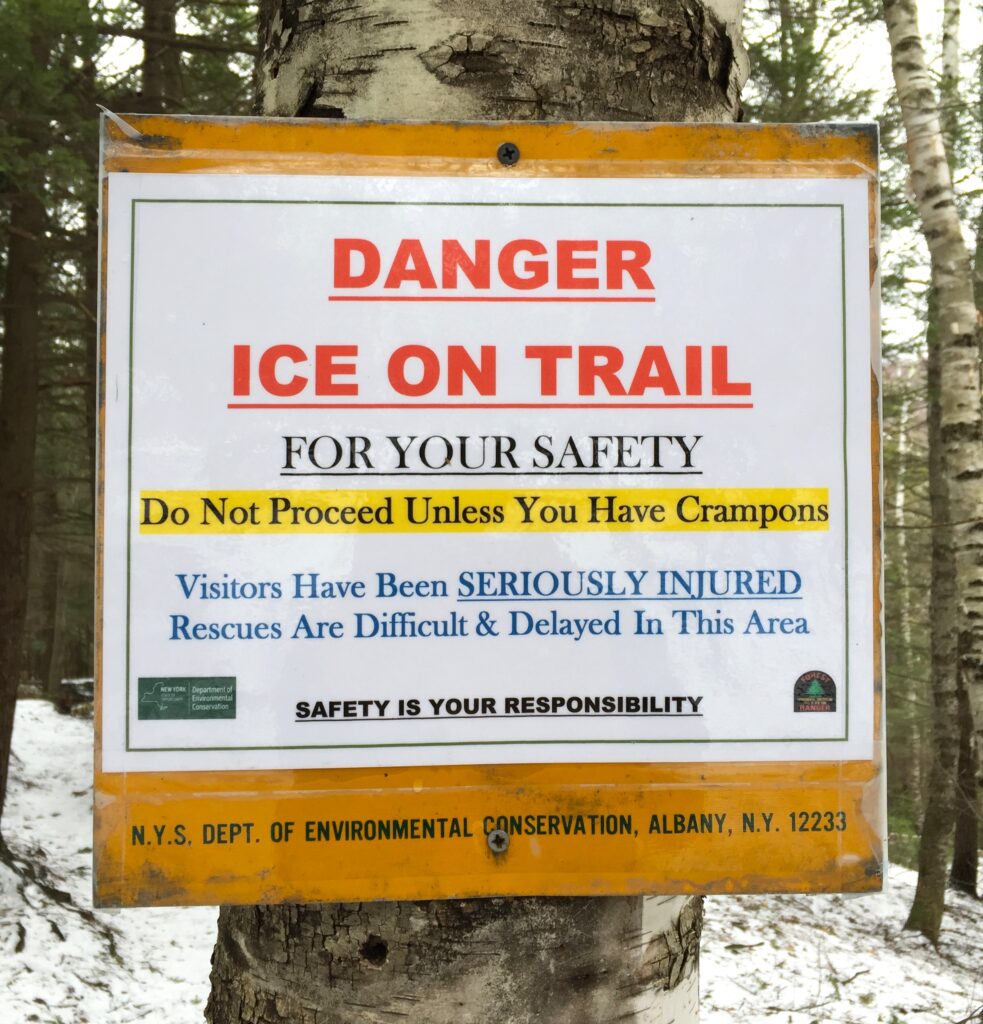

I made several trips to the Catskills during the early stages of writing Birdeye, and as I mapped out its geography I took photographs or made notes of all the messages I came across. When I looked at them afterwards, out of context, they took on unexpected meanings: ‘Do not proceed without crampons’ or ‘Refugees welcome here’ or ‘If not you, then who?’
As a way of sifting material and organising my thoughts I started to use these found phrases as writing prompts, which then coalesced as chapter titles. I’ve always loved novels with chapter titles. There’s something faintly theatrical about them, like a stage direction or an arcane portent or, sometimes, an exhortation, reminding us readers that we’re participating, as well as anticipating. A good chapter title never tells us what’s coming; it should add an extra layer to the narrative – it can hint, or offer a glimpse, or tease or even create a whole new narrative of its own.
In Birdeye, ‘Pursuant to a judgement of foreclosure’, ‘Please enter through the other door’ and ‘People who make their own drama deserve their own karma’ are personal favourites. I hope they act like slightly twisty autosuggestion or imagined dialogue, as well as lending voice to place.
